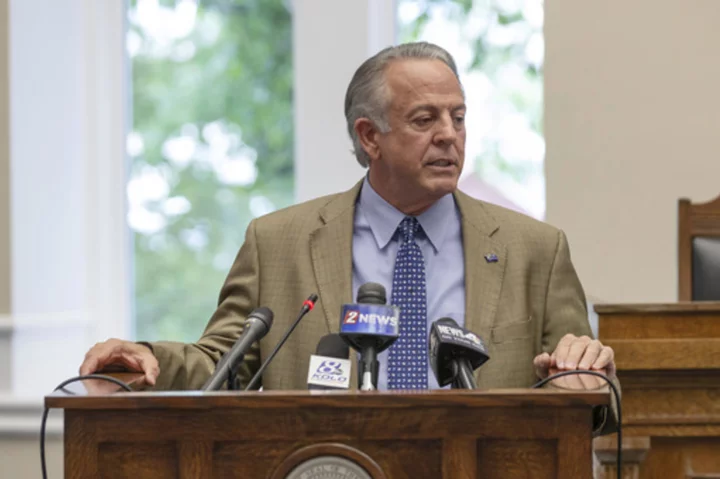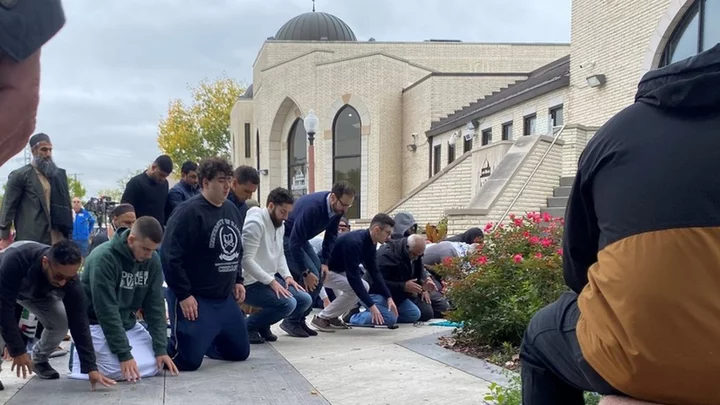The annual meeting of the Southern Baptist Convention voted to affirm a decision made earlier this year to remove Saddleback Church, a major southern California congregation founded by the pastor and author Rick Warren, due to its having women pastors.
Representatives at the conference in New Orleans overwhelmingly supported the decision to expel the church, despite pleas a day earlier by Warren, the author of "The Purpose Driven Life." The representatives, known as messengers, also voted to affirm the ousters of two other churches, including Fern Creek in Louisville, Kentucky, which has had a female pastor since 1993.
Officials reported the vote count Wednesday morning, the same day the Southern Baptist Convention -- the largest Protestant denomination in the United States -- is expected to consider an amendment to its constitution that would prohibit churches from having women hold any pastoral title, the New York Times reported.
The Baptist Press, which describes itself as the SBC's official news service, reported Saddleback was found "not to be in friendly cooperation" with the SBC's "statement of faith," which says in part that "the office of pastor is limited to men."
Warren was among those who asked the SBC to reverse the February decision on Tuesday. He appealed to the representatives to "act like Southern Baptists who have historically 'agreed to disagree' on dozens of doctrines in order to share a common mission," per the Times, which reported Warren appointed a husband and wife to succeed him after his retirement in 2021. Three more women were ordained as pastors at Saddleback that year, according to Baptist Press.
Voters were unconvinced: Per the Baptist Press, 9,437 votes were cast in favor of upholding the decision, compared to 1,212 against.
Churches not found in friendly cooperation effectively lose their affiliation with the wider convention, though they could still operate as congregations.
The fight at one of the nation's most important evangelical bellwethers is playing out against the backdrop of broader political and cultural battles over the rights of women and LGBTQ people.
In the wake of the Supreme Court's reversal of Roe v. Wade, an energized, conservative faction within the GOP has pushed for strict abortion restrictions and limits on gender-affirming care for transgender people in statehouses across the country.
That push has also triggered a backlash among the broader electorate, with Democrats notching victories in competitive 2022 midterm races and 2023 elections where those cultural clashes have taken center stage.









